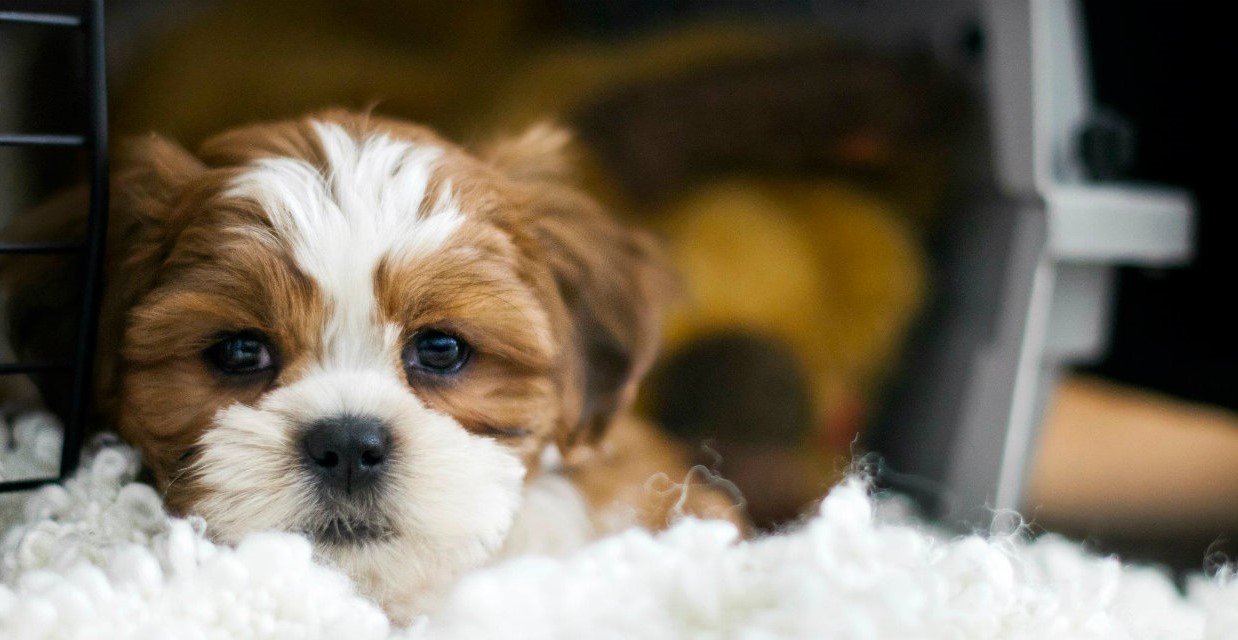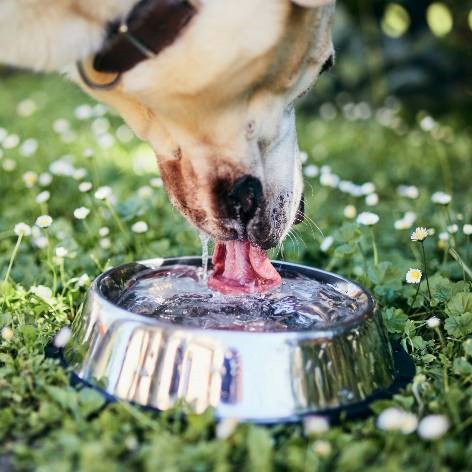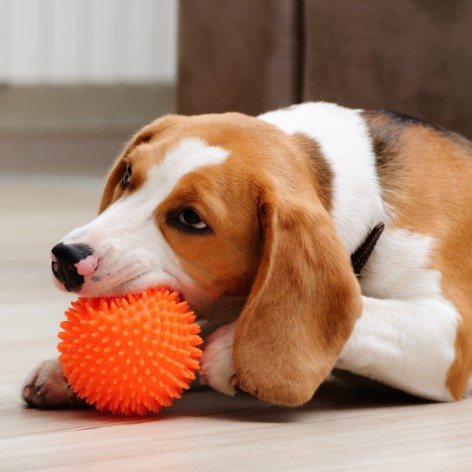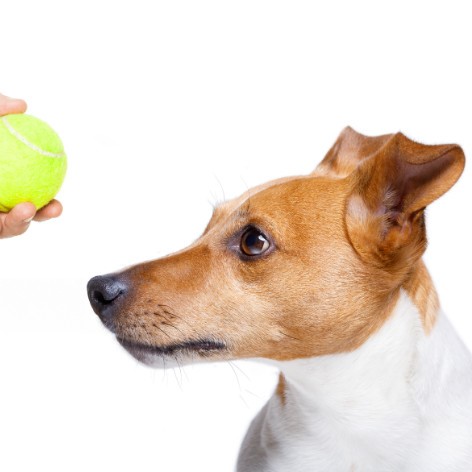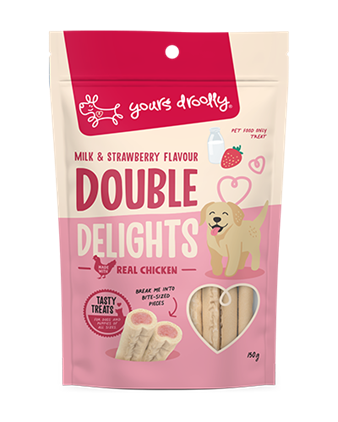Puppy pens and crates have risen in popularity in recent times and for good reason. When used appropriately, there are numerous benefits of using these tools, especially when it comes to behaviour and toilet training.
Firstly, it’s important to understand that puppy pens and crates should never be used as punishment, such as time outs, or to confine puppies for long periods of time.
When it comes to the question of how long can you crate a puppy during the day, the answer is that puppies should not be crated all day, especially young puppies. A couple of hours at a time is ok if your puppy tolerates this well. Rather, puppy pens and crates are tools to help manage puppies appropriately and to encourage desired behaviours.
Pens and crates must be large enough for your puppy to stand up, turn around and lie down. For this reason, make sure you have one that’s suitable for your dog’s size. Large and giant breed puppies may need several pens or crates during puppyhood, to grow with them until they become adult dogs.
Benefits of puppy pens and crates
Mesh puppy pens are very useful, especially during the first few months. They can help your puppy learn to cope with separation which is important to prevent the onset of separation anxiety. Mesh puppy pens can also be a useful aid to minimise destructive chewing when you cannot directly supervise your puppy.
Crates can provide a safe and cosy place to sleep. Wild living canids seek shelter and safety in dens and domestic dogs share this natural instinct. In our homes, a crate is an excellent den substitute. It’s important that the bedding inside the crate is comfortable and that you continue to maintain a positive association with being in the crate by giving your dog treats, meals and toys every so often when they’re inside. Crate training your puppy can also help to prepare them for trips to the vet or groomers where they may also be confined in a crate for periods of time.
Another benefit of using a puppy pen or crate is to safely separate your new puppy from other pets in the home or from young children when you cannot actively supervise their interactions to ensure they’re appropriate. Some pets can take time to get used a new puppy and mesh pens and crates can help with a gradual introduction.
One of the greatest benefits of using mesh puppy pens and crates is that they can assist with toilet training.
Puppies typically avoid toileting in the area where they sleep. However, it’s important to remember that young puppies cannot hold their bladder for very long and must be given numerous opportunities to go outside to toilet throughout the day and even during the night.
As your puppy grows, becomes toilet trained and learns good behaviour, you may find that you no longer need a puppy pen. At this point you may decide to switch to a crate instead.
If you decide to continue to use a crate for your adult dog, ensure you maintain a positive association with it for your dog.


